Material Strength
& Durability Symposium 2025
On 22 May 2025, the MaP Doctoral School hosted the Material Strength & Durability Symposium at ETH Zürich’s Hönggerberg campus. Held in the Siemens Auditorium, the event brought together around 50 participants for a full day of cutting-edge research and discussion on how materials perform under stress and how they ultimately fail.
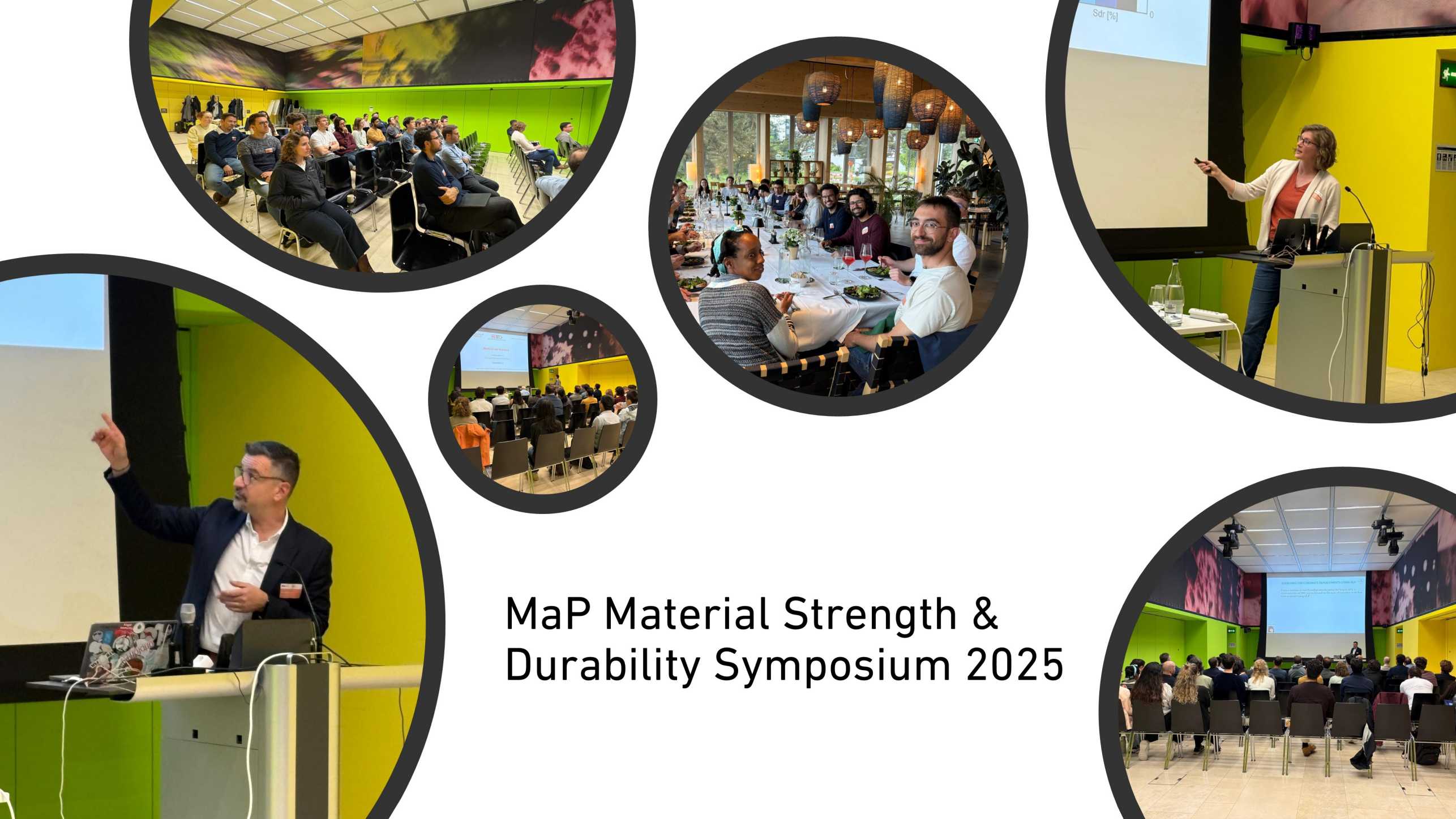
The symposium opened with a talk by Prof. Erica Lilleodden (Fraunhofer Institute for Microstructure of Materials and Systems IMWS), who explored strength at the nanoscale, revealing how micro-mechanical testing helps uncover the hidden processes that govern deformation and fracture in small volumes.
Prof. Francesco Maresca (University of Groningen) followed with a talk on multi-scale fracture modelling, connecting atomic-level interactions with discrete dislocation mechanics and offering new insights into predictive materials design.
In the afternoon, Prof. Nick Birbilis (Deakin University) introduced the growing role of artificial intelligence in materials durability. His presentation showed how data-driven methods are accelerating the discovery of corrosion-resistant materials and reshaping the way we understand degradation.
Prof. Costantino Creton (ESPCI Paris - PSL) presented his group’s work on fluorescent, force-sensitive probes that visualise internal damage in elastomers in real time. This innovative approach provides a unique look into damage development and fatigue.
To close the speaker programme, Prof. Shelby Hutchens (University of Illinois Urbana-Champaign) used cutting experiments as a lens to understand how soft solids fail. Her talk combined elegant experimentation with sharp mechanics, offering new ways to study material behaviour under extreme conditions.
A pitch session featuring doctoral students from the MaP community followed, where each presenter had just a few minutes to make their research accessible and compelling. The audience cast their votes, and Muriel Scherer (D-MATL) was awarded a box of chocolates for the most engaging pitch of the afternoon.
After a grey and rainy start to the day, the sun came out just in time for a well-earned dinner at Restaurant Bellavista. The evening brought together the speakers, hosts, and track doctoral students for relaxed conversations, new connections, and some stunning views.
Many thanks to all participants, speakers, and organisers who contributed to this inspiring event. Special appreciation goes to our co-hosts, Prof. Laura De Lorenzis (D-MAVT) and Prof. David S. Kammer (D-BAUG), for their efforts in making the symposium a success.
Programme: Download download (PDF, 158 KB)
Invited Speakers
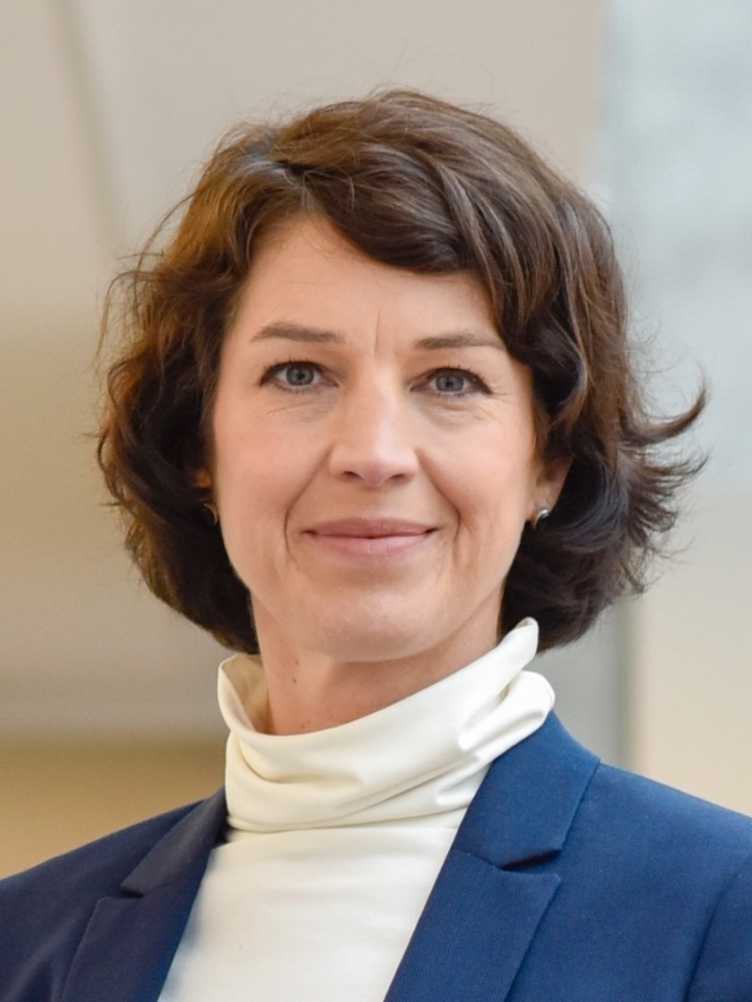
Prof. Erica Lilleodden, external page Fraunhofer IMWS
Professor Erica Lilleodden is the Director of Fraunhofer IMWS and Professor for Diagnostics and Structure of Materials at Martin Luther University Halle-Wittenberg (Germany). As a leading expert in the field of nano- and micromechanics of materials she focuses on deformation, damage evolution, and fracture of metals, ceramics, and composites. She received the Award of the German Society for Materials Science in 2019 and was elected to acatech, the German National Academy of Engineering, in 2024.
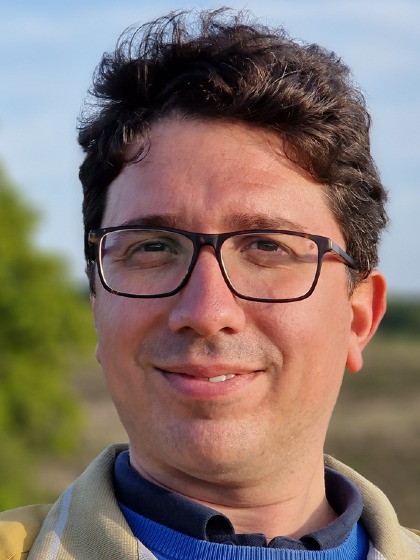
Prof. Francesco Maresca, external page University of Groningen
Francesco Maresca is an Associate Professor at the University of Groningen (Netherlands). He chairs the Mechanics of Materials research unit, focusing on the fundamental understanding of structure-property relationships in materials. His expertise encompasses multiscale mechanics modelling, solid mechanics (theoretical and computational), crystal plasticity, and molecular dynamics.
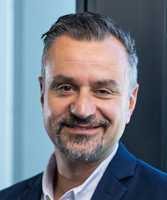
Prof. Nick Birbilisexternal page , external page Deakin University
Professor Nick Birbilis is a renowned materials engineer recognised for contributions in materials durability and materials design. His contributions to corrosion extend across many alloy systems and processes. Nick is presently Executive Dean for the Faculty of Science, Engineering and Built Environment at Deakin University. His has published over 450 papers, and the Editor-in-chief of the interdisciplinary journal npj Materials Degradation, whilst also serving as a long-standing Editor for the journal Electrochimica Acta. He is a Fellow of the Electrochemical Society, AMPP/NACE, The International Society of Electrochemistry, ASM International and Engineers Australia.
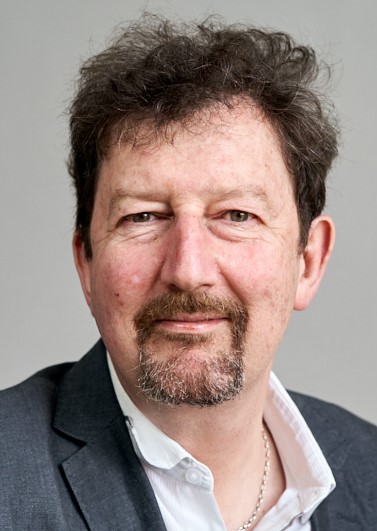
Prof. Costantino Creton, external page ESPCI
After an engineering degree at EPFL and a PhD at Cornell University in Materials Science, Professor Costantino Creton became a CNRS Researcher at the Soft Matter Science and Engineering Laboratory of ESPCI Paris, France in 1994. His current research is at the interface between chemistry, polymer physics and mechanics and focuses on the deformation and fracture of soft materials. He has pioneered the use of mechanochemistry to bridge the gap between network structure and fracture mechanics. Professor Creton has published over 220 peer-reviewed articles and has received several awards, including the Adhesion Society’s Prize for Excellence in Adhesion Science in 2013 and an ERC Advanced Grant in 2016.
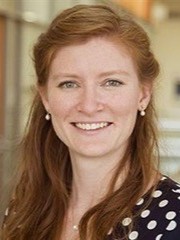
Prof. Shelby Hutchens, external page University of Illinois Urbana-Champaign
Shelby Hutchens, an Associate Professor at the University of Illinois Urbana-Champaign, is passionate about uncovering the fundamental physics underlying the mechanical performance of soft and bio-inspired materials. Her research aims to lay the foundation for the next generation of bio-inspired soft materials and contribute to the development of universal fracture criteria in soft solids. Shelby's path started in Chemical Engineering at Oklahoma State (B.S.) and Caltech (M.S. and Ph.D.) before evolving toward the current focus on mechanics of materials.
